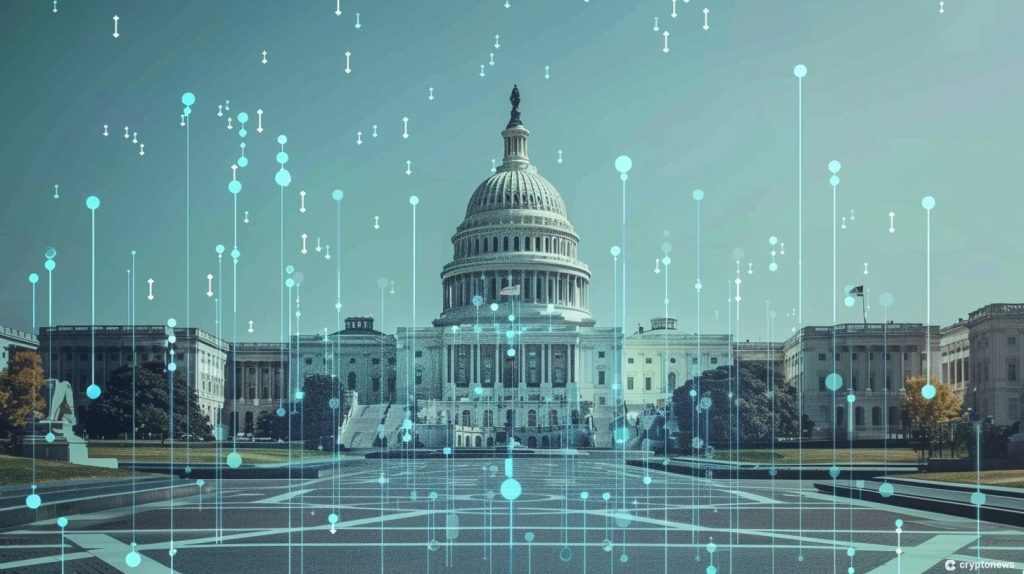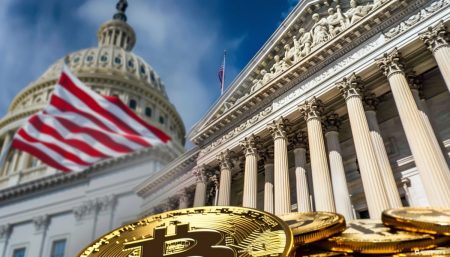The discussion surrounding stablecoin legislation in the United States is heating up as Representatives Cynthia Lummis and Kirsten Gillibrand introduce a new stablecoin bill, along with efforts from other lawmakers such as Maxine Waters. Cody Carbone, Chief Policy Officer at The Digital Chamber, remains pessimistic about the likelihood of any stablecoin legislation passing before the U.S. presidential election, giving it a 35% chance. The two leading pieces of stablecoin legislation currently on the floor of Congress are House Financial Services Chairman Patrick McHenry’s Clarity For Payment Stablecoins Act and the Lummis-Gillibrand Payment Stablecoin Act.
If approved, Lummis and Gillibrand’s bill would allow for both state and federal regulatory oversight of cryptocurrencies, while McHenry’s bill would keep non-bank stablecoin issuers under state regulation, a major point of contention among U.S. lawmakers. The lack of progress in finding a resolution on this issue is one of the reasons why Carbone is pessimistic about the chances of passing stablecoin legislation. Representatives are working to advance their crypto bills on Capitol Hill before returning to their partisan camps and seeking re-election, with Waters and McHenry recently pitching their stablecoin bill to Senator Chuck Schumer.
There are discussions about attaching stablecoin reform to the upcoming must-pass funding reauthorization of the Federal Aviation Administration (FAA) in order to earn bipartisan support. However, Senator Elizabeth Warren has been a hurdle in establishing palatable stablecoin legislation, as she has pushed against any regulatory framework for cryptocurrencies without the approval of her Digital Asset Anti-Money Laundering Act (DAAMLA). Carbone emphasizes the need for lawmakers to come together and create a unified product that can pass both houses of Congress and reach the president’s desk.
The push for effective stablecoin reform is seen as critical in the coming weeks, as representatives finalize legislation before focusing on the November 2024 elections. There is hope that lawmakers can compromise on stablecoin legislation in the near future, but the outcome remains uncertain due to various factors such as differing viewpoints among legislators. The introduction of new bills and discussions among key stakeholders indicate that stablecoin regulation is a priority for the U.S. government, and all eyes will be on Washington, D.C., in the upcoming weeks to see if progress can be made on this important issue.















